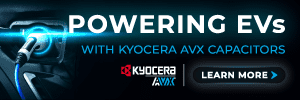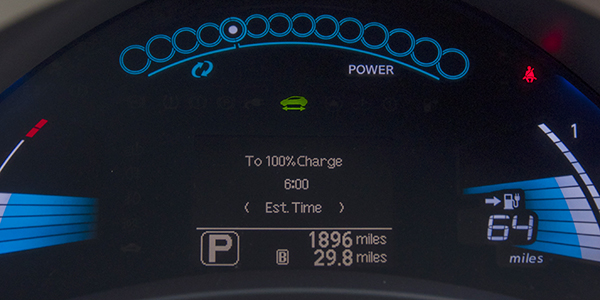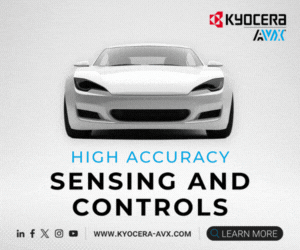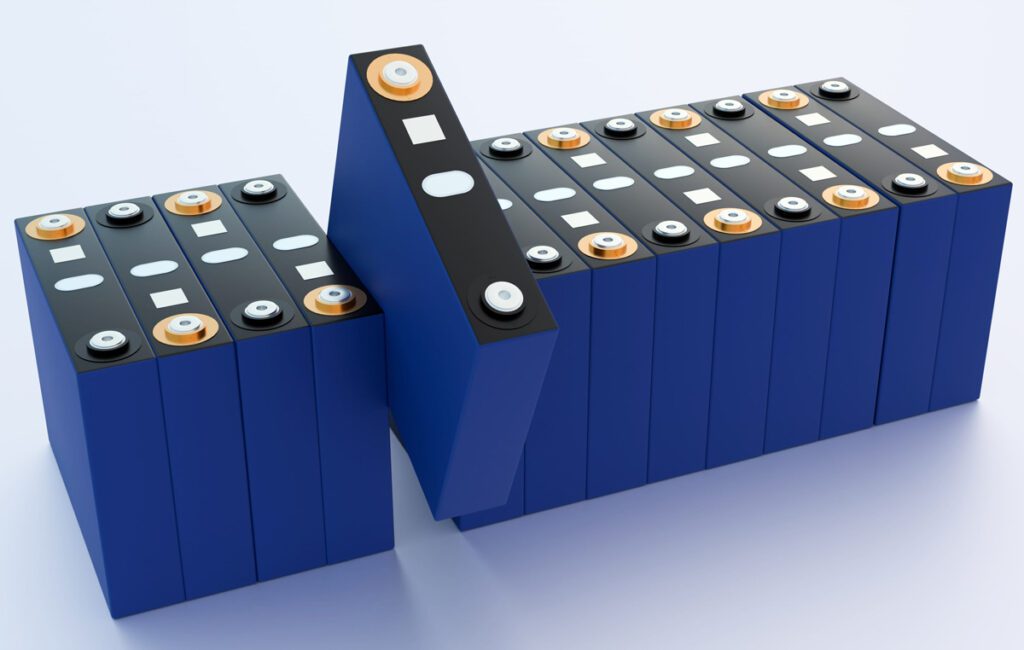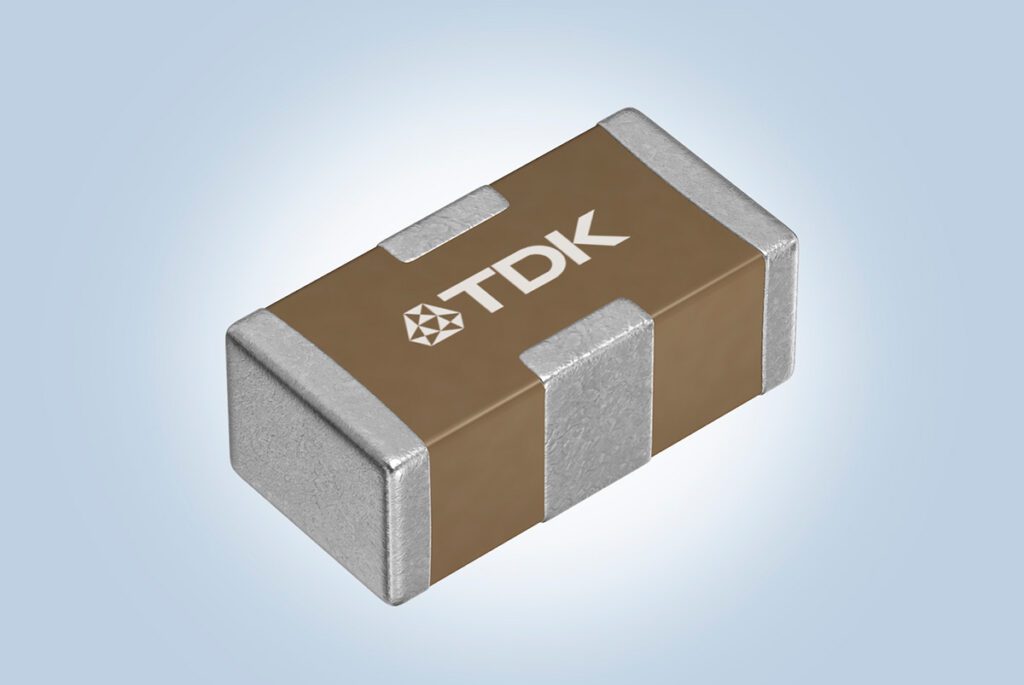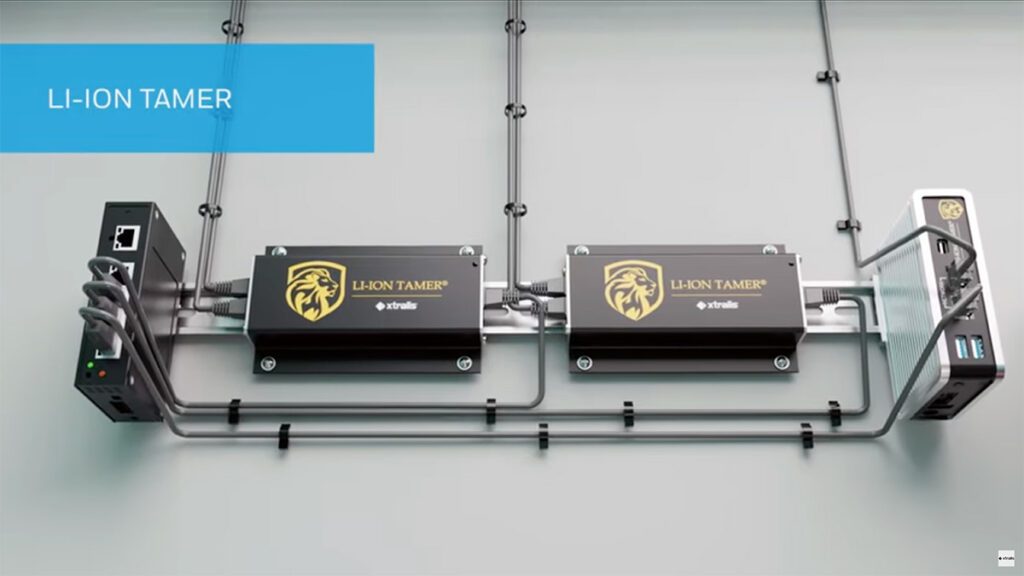Researchers from North Carolina State University have developed new software that promises a better way to estimate the remaining range of an EV. The system requires drivers to plug in their destination and automatically pulls in data on several variables to predict energy use.
The team described their work in a paper, Big-Data Framework for Electric Vehicle Range Estimation.
“Electric cars already have range-estimation software, but we believe our approach is more accurate,” says Dr Habiballah Rahimi-Eichi, lead author of the paper. “Existing technologies estimate remaining range based on average energy consumption of the past 5 miles, 15 miles, etc. By plugging in the destination, our software looks at traffic data, whether you’ll be on the highway or in the city, weather, road grade, and other variables. This predictive, big-data approach is a significant step forward, reducing the range estimation error to a couple of miles. In some case studies, we were able to get 95 percent range estimation accuracy.”
SEE ALSO: Concept EV uses LEXAN windows to boost range
The software takes all of the data related to the route, determines which pieces of information are important, and plugs them into an algorithm, along with two other variables: the performance characteristics of the vehicle and its battery; and the amount of remaining charge. The state of charge is estimated using a patented technique developed by Rahimi-Eichi and Dr Mo-Yuen Chow in 2012.
“People have a lot of ‘range anxiety’ in regard to electric vehicles – they’re afraid they’ll get stuck on the side of the road,” Chow says. “Hopefully, our new range estimation software will make people more confident about using electric vehicles.”
Source: NC State University
Image: Driving the Future/Flickr






